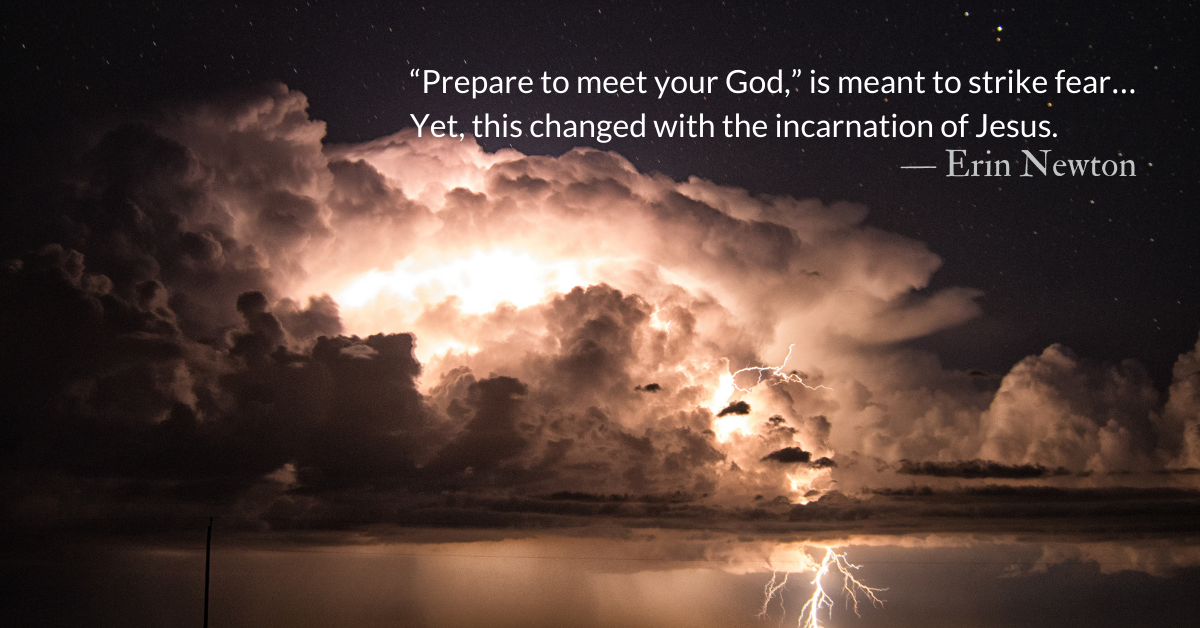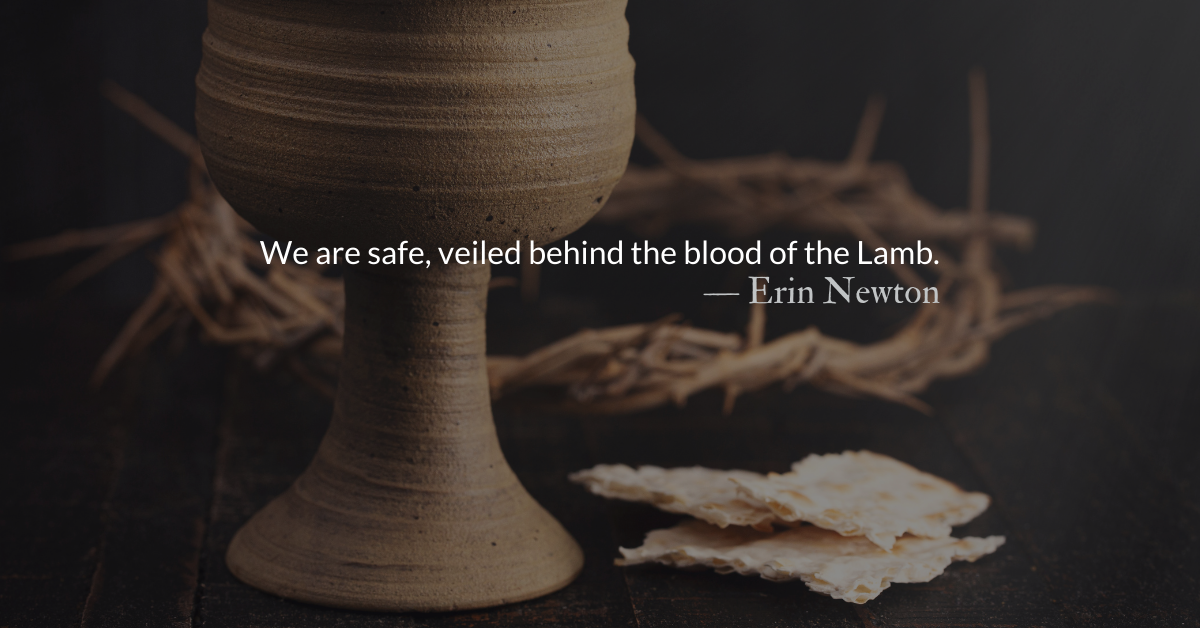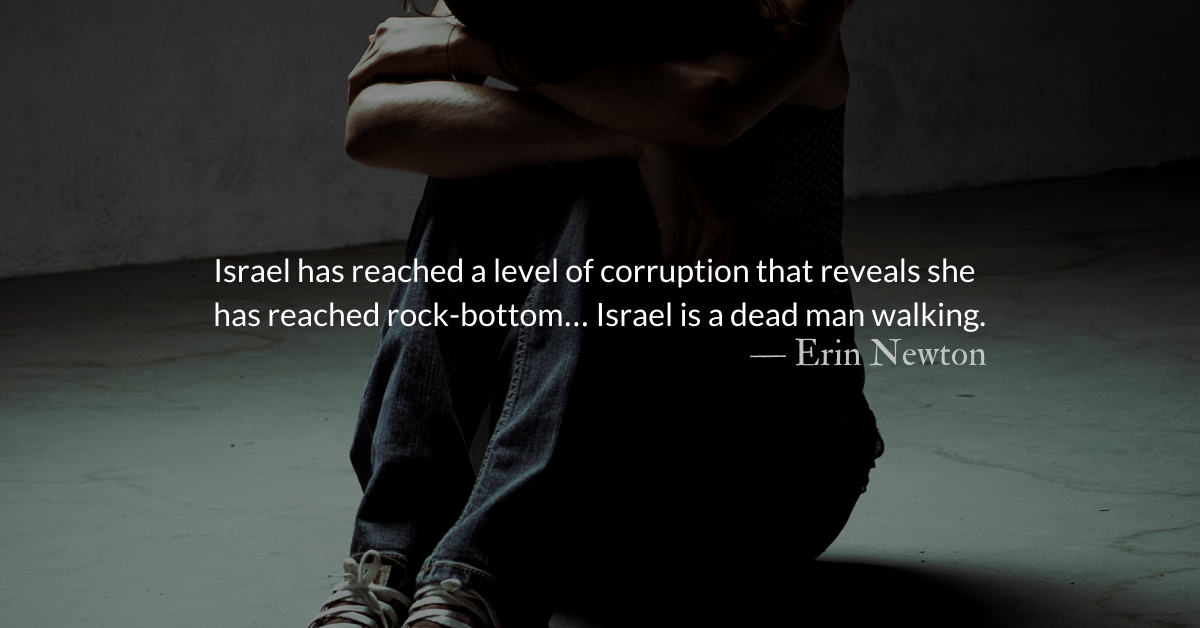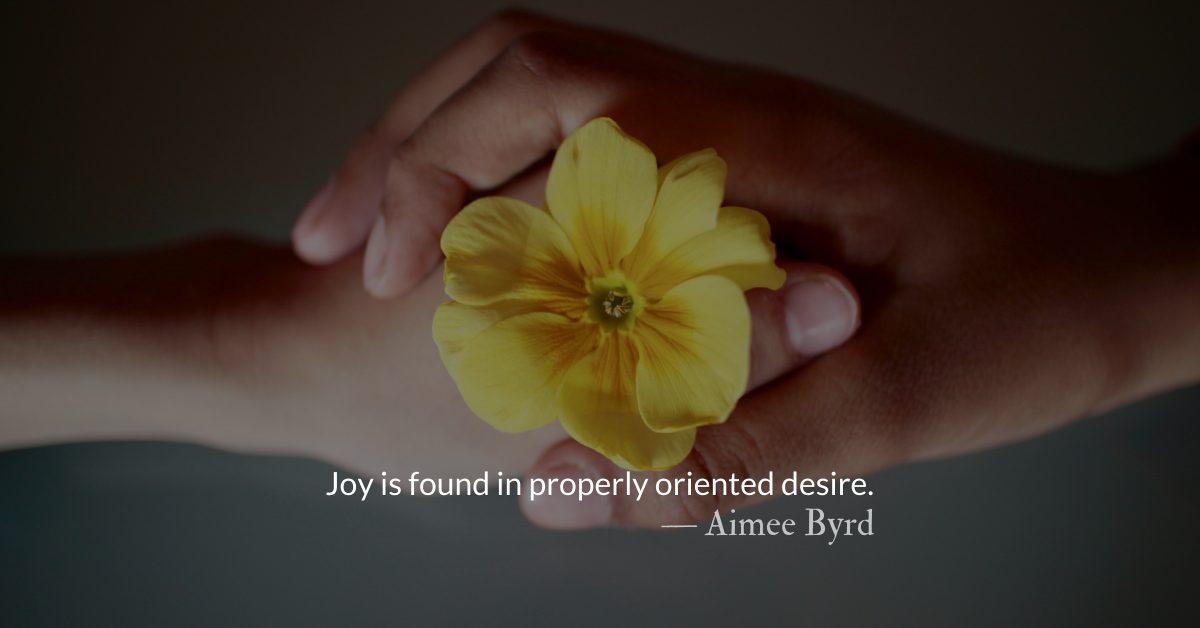Scripture Focus: Amos 4.12
“Therefore this is what I will do to you, Israel,
and because I will do this to you, Israel,
prepare to meet your God.”
Luke 24.32, 36
They asked each other, “Were not our hearts burning within us while he talked with us on the road and opened the Scriptures to us?”
…
While they were still talking about this, Jesus himself stood among them and said to them, ‘Peace be with you.”
Reflection: Prepared to Meet God
By Erin Newton
We have entered into another prophetic book, Amos. Considered one of the first writing prophets, his prophetic period overlaps the ministries of Hosea, Isaiah, and Micah. Amos opens with a list of Israel’s, and various nations’ sins: social injustice, inequality, idolatry, and every form of corruption possible.
God let the people suffer through hardships with hopes of their repentance. Instead the people trusted in their own success. Their hearts lusted after other gods. They saw the poor and abused their weakness.
Their hard hearts refused to be swayed by pain and discomfort to call out to God. In return, God declares the coming force of his presence. The ominous phrase, “Prepare to meet your God,” is meant to strike fear. The omnipotent God of creation is ready to meet humanity face to face. But humanity isn’t ready. The proximity of humanity to the presence of God could result in death. Soldiers died with a mere touch of the Ark of the Covenant (2 Sam 6.6). Priests were in immediate danger by their access to the Holy of Holies (Ex 28.35). Now God warns the people to prepare themselves for this fateful encounter.
Only God could protect the lives of those who asked to see him face to face.
Yet, this changed with the incarnation of Jesus. Just as it was in the beginning, God and humanity could walk together, talk together, and break bread together without the imminent threat of death. Death was conquered through the crucifixion. Peace came through the death and resurrection of Jesus. In the days following the resurrection, God the Son continued to meet with the disciples.
Instead of the threat of God coming in full force to judge the sins of the people, the people marvel at their experience with Jesus. Their hearts burn within them feeling the vibrancy of life and excitement of connection with Spirit. Jesus comes not riding upon the clouds as a warrior of wrath. He speaks words to calm their hearts. They see the face of God and he tells them, Peace.
Amos records the warning from God for the people to prepare to meet him. It is still a message to us today. Through the mediation of Jesus, we can prepare to meet God with confidence. Our sins have been atoned and the wrath of God has been paid.
Divine Hours Prayer: The Greeting
Your love, O Lord, reaches to the heavens, and your faithfulness to the clouds. — Psalm 36.5
Today’s Readings
Amos 4 (Listen – 2:21)
John 6 (Listen – 8:27)
Read more about Prayer, Our Tent of Meeting
When we pray as Jesus taught, we enter into God’s presence through the torn curtain of the Tent of Meeting, and hear his voice because of his atoning sacrifice.
Read more about The Last Shall be First—Resurrection Appearances
Paul describes himself as the “last” to see the risen Jesus and the least of the apostles but he became much more than that.






